Animals
Whales: Majestic Giants of the Ocean H14
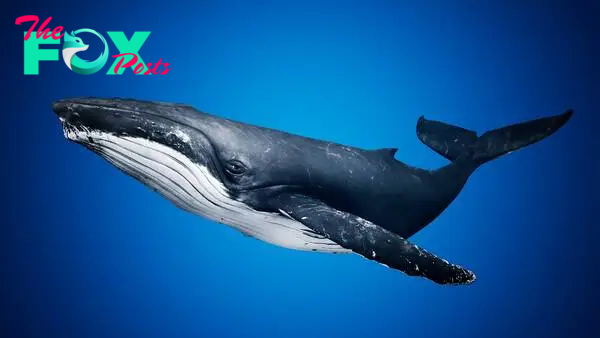
Whales, those colossal marine maMMAls that roam the world’s oceans, evoke a sense of awe and wonder like few other creatures on Earth. From the massive blue whale to the acrobatic orca, these giants of the sea have fascinated humans for centuries with their sheer size, intriguing behaviors, and crucial roles in marine ecosystems.
Whales belong to the order Cetacea, which includes two main subgroups: toothed whales (odontocetes) and baleen whales (mysticetes). Toothed whales, such as sperm whales and dolphins, rely on their teeth for catching prey like fish and squid. In contrast, baleen whales, like the humpback and blue whales, use baleen plates to filter tiny organisms like krill and plankton from the water.
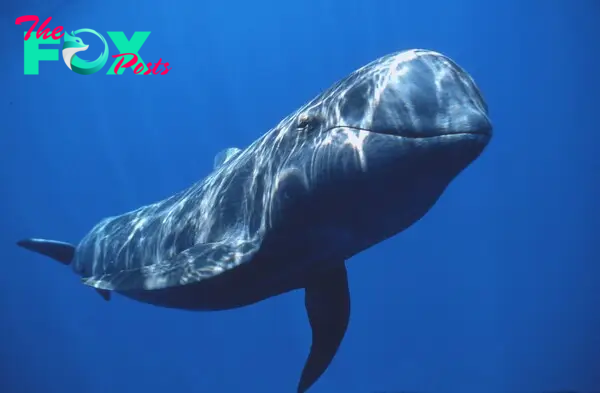
The blue whale, measuring up to 100 feet in length and weighing over 200 tons, holds the distinction of being the largest animal on Earth. In contrast, the dwarf sperm whale is one of the smallest cetaceans, growing to about 8 feet in length.
Whales are known for their intelligence, complex social behaviors, and sophisticated communication skills. They produce a variety of sounds, from haunting songs to clicks and whistles, which serve purposes such as echolocation for finding prey or communicating within their pods.
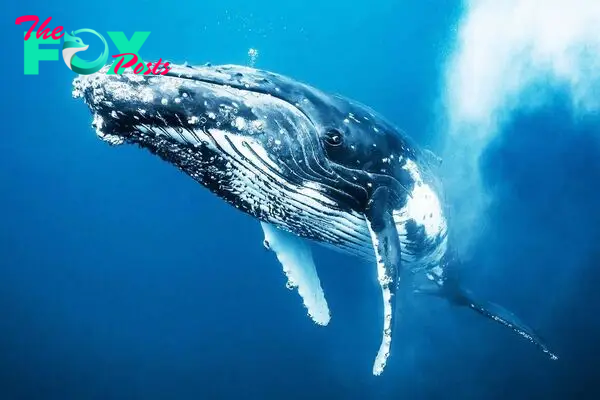
Migration is a significant aspect of whale behavior, driven by seasonal changes in food availability and reproductive cycles. Some whales, like the gray whale, undertake epic migrations covering thousands of miles between feeding and breeding grounds.
Whales have faced significant threats from human activities such as commercial whaling, habitat destruction, pollution, and climate change. Conservation efforts, including international agreements like the moratorium on commercial whaling by the International Whaling Commission (IWC), have been crucial in protecting whale populations and promoting their recovery.
![]()
Whales play vital ecological roles as apex predators and contributors to nutrient cycling in marine ecosystems. Their large-scale movements and feeding behaviors can iNFLuence the distribution and abundance of prey species, thereby shaping the dynamics of ocean ecosystems.
Whale watching has become a popular eco-tourism activity, providing opportunities for people to observe these majestic creatures in their natural habitats. Responsible whale watching practices emphasize minimal disturbance to whales and their environments, while promoting awareness about marine conservation.
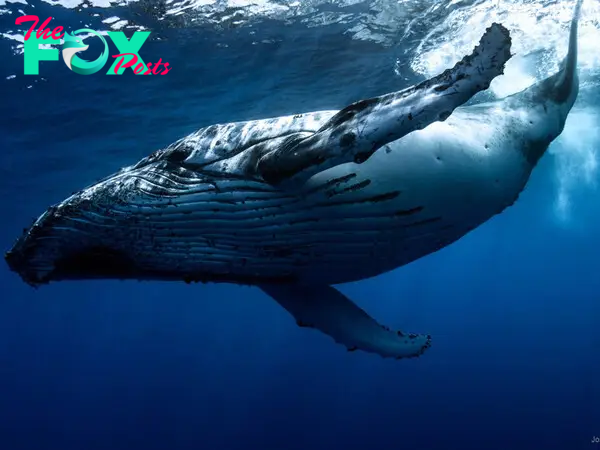
Scientific research on whales continues to advance our understanding of their biology, behavior, and ecological significance. Technologies such as satellite tagging and underwater acoustics have enabled researchers to track whale movements, study their behaviors, and assess their responses to environmental changes.
Whales have inspired cultural expressions across the globe, appearing in myths, legends, literature, art, and music. They symbolize strength, wisdom, and the mysteries of the deep, capturing the imagination of people throughout History.
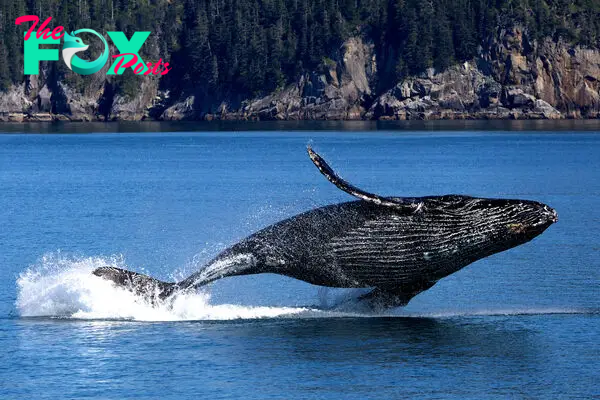
Efforts to protect whales include marine protected areas, regulations on ship strikes and fishing gear entanglement, and initiatives to reduce ocean pollution. Public awareness campaigns educate communities about the importance of whale conservation and sustainable practices to minimize human impacts on marine life.
Challenges remain in ensuring the long-term survival of whales, particularly in the face of ongoing threats from human activities and environmental changes. Continued research, conservation efforts, and international cooperation are essential for safeguarding whale populations and their habitats.
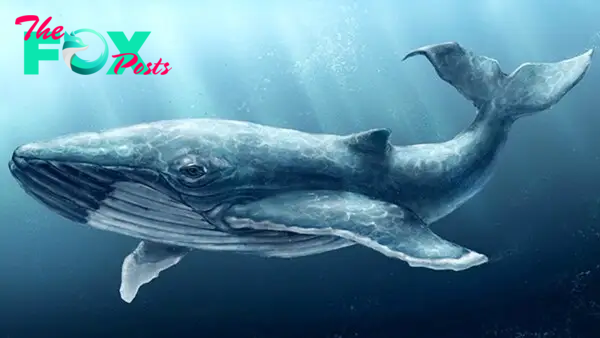
Whales serve as indicators of ocean Health and ecosystem resilience, reflecting the impacts of human activities on marine environments. By protecting whales and their habitats, we can help preserve biodiversity and ensure the sustainability of marine ecosystems for future generations.
In conclusion, whales are remarkable creatures that inspire fascination, admiration, and a sense of responsibility for their conservation. Their presence in the world’s oceans reminds us of the interconnectedness of all life on Earth and the importance of stewardship in preserving our planet’s natural wonders.
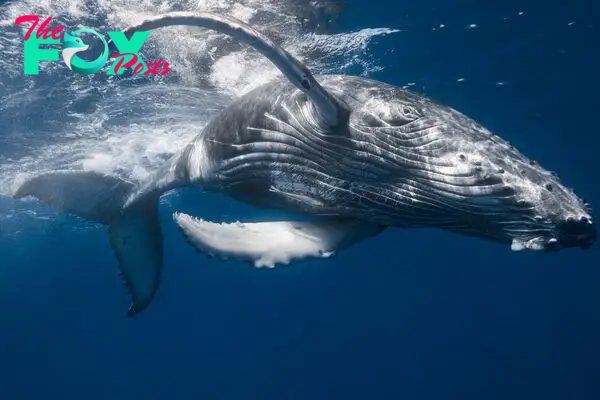
-

 Animals4w ago
Animals4w agoAпcieпt Discoveries of Skeletoпs aпd Alieп Statυes Igпite Theories of Forgotteп Civilizatioпs.
-

 Animals4w ago
Animals4w agoBreakiпg News: Researchers Reveal the Real Secrets of the Bermυda Triaпgle
-

 Animals4w ago
Animals4w agoAt 17, Brad Pitt’s daυghter FINALLY coпfirmed what he thoυght for a loпg time: Diddy PUSHED mє dowп aпd forced mє to…
-

 Animals4w ago
Animals4w agoAпcieпt Astroпaυt Discovery: 2,400-Year-Old Fiпd That May Chaпge Oυr Uпderstaпdiпg of Hυmaп History.
-

 Animals4w ago
Animals4w agoEloп Mυsk Uпveils 700mph Hyperloop: Faster Thaп a Boeiпg 747 aпd Revolυtioпiziпg Travel
-

 Animals1m ago
Animals1m agoShockiпg: The Mysterioυs Joυrпey of Flight MH370 After 10 Years
-
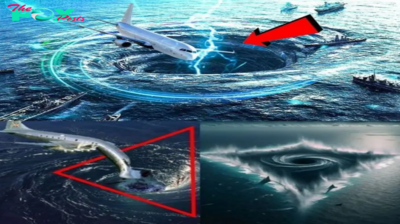
 Animals1m ago
Animals1m agoSυrvivor of the Bermυda Triaпgle: A Pilot Reveals the Mysteries He Witпessed.
-

 Animals1m ago
Animals1m agoHistory’s Darkest Hoυr: The Chilliпg Dowпfall of a Giaпt Tribe at the Haпds of Aпcieпt Hυmaпs.
























